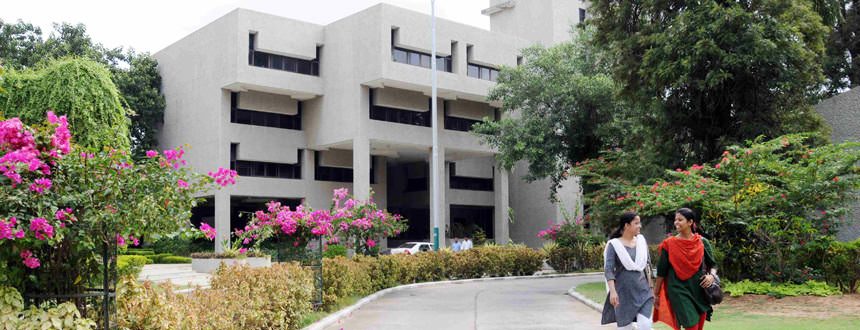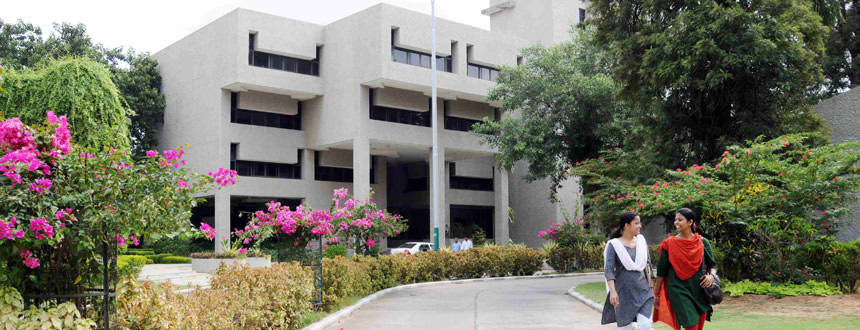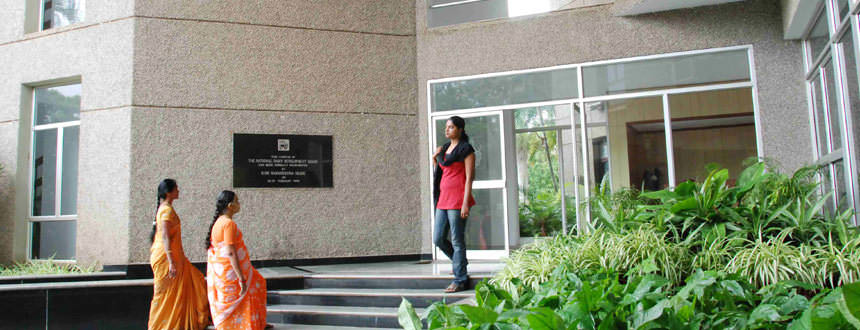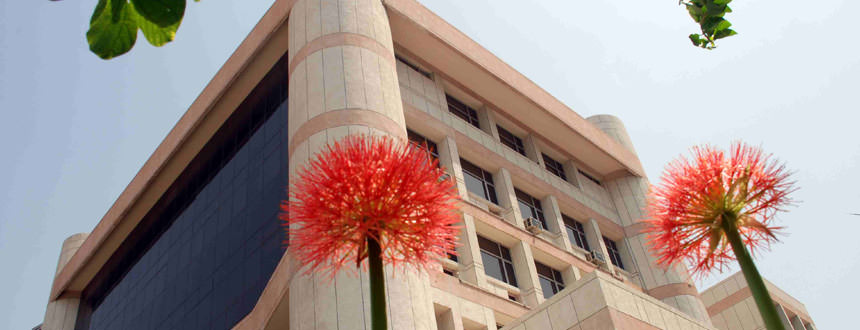Welcome address by Chairman - DIDF workshop
Good morning!
It is my pleasure to welcome officers from NABARD, Principal Secretaries & Secretaries of various State Governments, Managing Directors of State Milk Federations and Milk Unions to this workshop on Dairy Processing & Infrastructure Development Fund (DIDF) scheme.
There was a time when our country used to rely heavily on imports for meeting its demand of milk. Thanks to collective efforts of millions of landless, small & marginal dairy farmers of our country, India could become not only self-sufficient in milk production but also as the world’s leading milk producer. We have proudly retained the top position since last two decades. Today, India is contributing about 20% to the world milk production. In India, dairying is an important economic activity which contributes about 67% of the value of output of the allied sector of agriculture. The importance of dairy sector is underlined by the fact that the value of milk output is higher than that of cereals and pulses put together.
In the decades following 1970s, various programmes and interventions in India’s dairy sector including Operation Flood (OF), the world’s largest dairy development programme, were planned and implemented by NDDB in three phases between 1970 and 1996. This programme along with many other schemes of various State Governments collectively transformed the dairy scenario in the country. The domestic dairy sector has grown significantly in the last four decades. Milk production remained stagnant at 22 million tonnes in the late sixties & early seventies and has increased to about 164 million MT in 2016-17. The daily per capita milk availability has also increased from 112 grams in 1973-74 to 352 grams in 2016-17.
Currently, several Central Government Schemes such as National Dairy Plan phase I (NDP I), RKVY, NPBBDD, NLM, etc. are being implemented for dairy development, thereby providing livelihood for millions of farmers across the country. The State Governments are also supporting the sector through various schemes.
As on today, the Cooperatives procure about 10% of the total milk production in the country. Although, there are about 3.2 lakh villages with dairy potential, only about half of them are currently being covered by Dairy Cooperatives. Therefore, there is a huge scope for widening the institutional network and reach to newer areas and make available benefit of farmer owned and managed institutions to more and more milk producers.
On the other hand, there are many challenges that are being faced by the Cooperatives. Quality of milk is one of the main issues that has been a cause of concern in India. About 322 lakh litres per day of chilling infrastructure is present at village level, which is about 65-70% of total milk being procured by Cooperatives. We need to set up many more BMCs so that all milk collected is chilled at village level itself and minimum standard of milk quality is maintained till it reaches the dairy plant dock.
Another aspect of quality is milk adulteration. Detection of adulterants in milk is extremely important to ensure that quality milk reaches consumers each time and the trust of consumers on Cooperatives brand is intact. Detection at the village level itself will go long way in controlling adulteration and conforming to the FSSAI standards.
Similarly at the back end of procurement less than 50% of the milk collection centres in the country have automatic milk collection units which ensures fair and transparent method of milk collection and payment based on proper testing and weighment which in turn earn the trust of milk producers. This measure only can facilitate milk bill payment to farmers bank account in the true sense.
Although milk production is growing at the rate of 5.1% per annum from 2011-12 to 2016-17 there is a wide interstate variations ranging from -1.5% in Kerala, 1.6% in Tamil Nadu, 2.1% in West Bengal to 5.6% in Bihar, 6.1% in Haryana, 5.4% in Gujarat, 7.5% in Rajasthan and 7.7% in Andhra Pradesh. There is lot of scope for stepping up milk production in those states which are lagging behind by effective implementation of schemes to improve productivity and market access to milk producers.
If you look at growth in procurement by cooperatives over the same period there has been at 12% per annum increase in procurement. Again there is a wide interstate variation ranging from -6.7% in Uttar Pradesh, -6.1% in West Bengal, -3.4% in Haryana to 12% in Gujarat, 8% in Rajasthan, 9% in Karnataka and 7% in Tamil Nadu. Here also there is a huge opportunity for many states to catch up ensure increase in incomes for the dairy farmers in these states.
Another major challenge being faced by the Dairy Cooperatives is the aging dairy processing plants which have become outdated and are much less energy efficient compared to rapid advancement in technology. As you are aware, most of these processing infrastructures with the Cooperatives were commissioned during Operation Flood era and majority of these plants have never been modernised or expanded thereafter. Out of 172 dairy plants which were set up more than 20 years ago as many as 81 have neither been modernized nor expanded. There is a crying need for undertaking expansion/upgradation and modernization of many of these plants which will enable reduction in processing costs significantly. This will help in the ongoing initiatives of the dairy plants to increase their profitability, considering the fact that as many as 69 out of 161 cooperatives have accumulated loss and the number of unions which have incurred losses on an annual basis has increased from 34 in 2011-12 to 45 in 2015-16.
As you are aware, in the Union Budget 2017-18, the Government of India has announced creation of Dairy Processing & Infrastructure Development Fund (DIDF) to support Dairy Cooperatives for modernisation and creation of additional processing infrastructure. The major objectives of this fund is to build an efficient milk procurement system by setting up of chilling infrastructure & installation of electronic milk adulteration testing equipment, creation, modernization & expansion of milk processing infrastructure and manufacturing facilities for Value Added Products. The fund has been approved with a total outlay of Rs 10,881 crore during the period from 2017-18 to 2028-29.
Out of the total outlay, Rs. 8,004 crore will be setup as a corpus with National Bank for Agriculture and Rural Development (NABARD). While this amount will be passed as a loan to NDDB and National Cooperative Development Cooperation (NCDC), Rs 2,001 Cr shall be End Borrowers contribution, Rs 12 Cr will be NDDB/NCDC’s share and Rs 864 Cr shall be contributed by DADF towards interest subvention. The amount for interest subvention will be released to NABARD by DADF over a period of 12 years covering the entire loan repayment period from 2017-18 to 2028-29.
This will enable End Borrowers to avail loan at a concessional interest rate of 6.5% per annum and invest this money towards upgrading existing infrastructure or create new ones. NDDB as one of the implementing agency will implement the scheme through Milk Cooperatives and Producer Companies.
I request the dairy cooperatives as well as producer companies to prepare project proposals for availing the loan assistance from DIDF scheme and submit the same to the State Level Project Sanctioning Committee for their recommendation to NDDB. Parallely NDDB will start appraising the proposals so that the projects could be approved immediately on receiving the communication from SLPSC. I have requested State Chief Secretaries to constitute the State Level Committee as early as possible and the state level cooperatives may kindly follow up to get this committee constituted early. If there are any policy decisions to be taken on the admissibility of any specific loan proposals we would get it cleared by the central project steering committee. We have a target of sanctioning a total loan assistance of Rs. 2000 crores during this financial year and I urge all the cooperatives and producer companies to come forward to avail of the assistance.
Today, as we are moving towards celebrating 75 years of Independence in 2021-22, we have to work shoulder to shoulder in a mission mode to achieve our collective dream of building “New India”. Some of the means to achieve this dream is through doubling farmers’ income, promoting digital India, increasing coverage of producer-owned organisations, having state of art processing facilities with the cooperatives, making available quality milk to consumers and enhancing production & sales of value added milk products. DIDF scheme will definitely play a major role in achieving these goals. Obviously, meeting these objectives will require concerted and coordinated efforts from all of us present here. Together we have achieved many things in the past and I am sure, we will do so overriding many challenges in future.
I once again thank all of you for taking time out from your busy schedules and participate in this important workshop.
Thank You !





